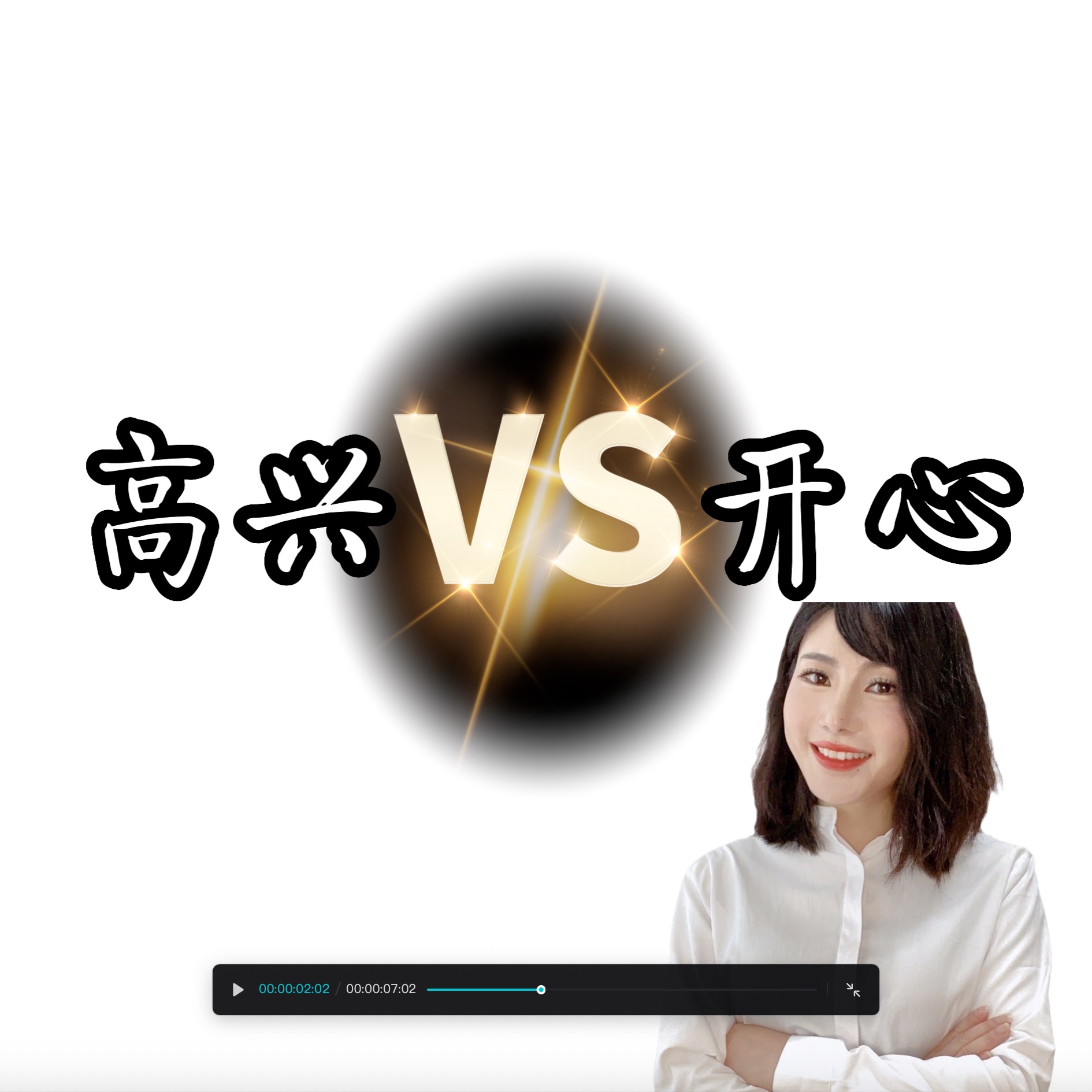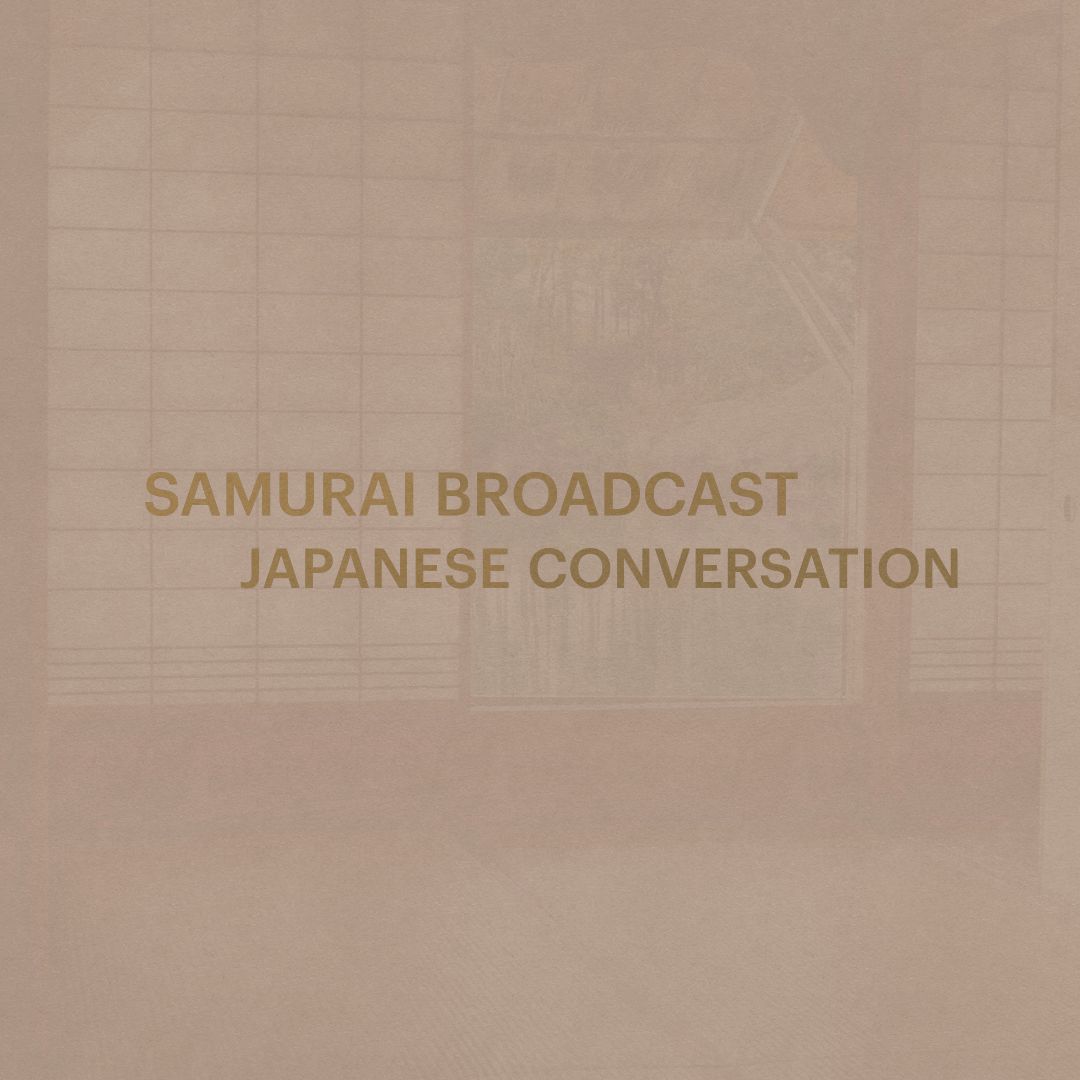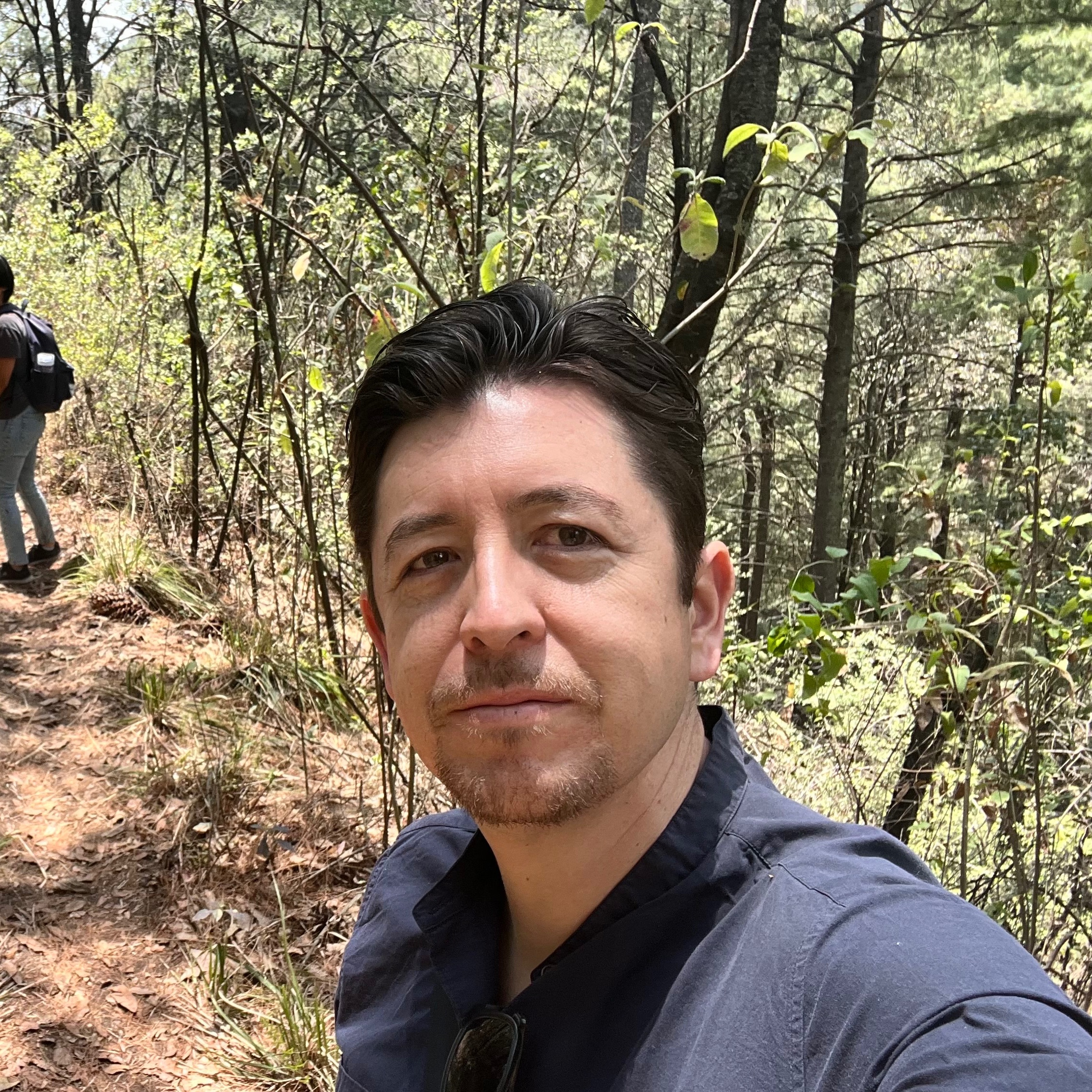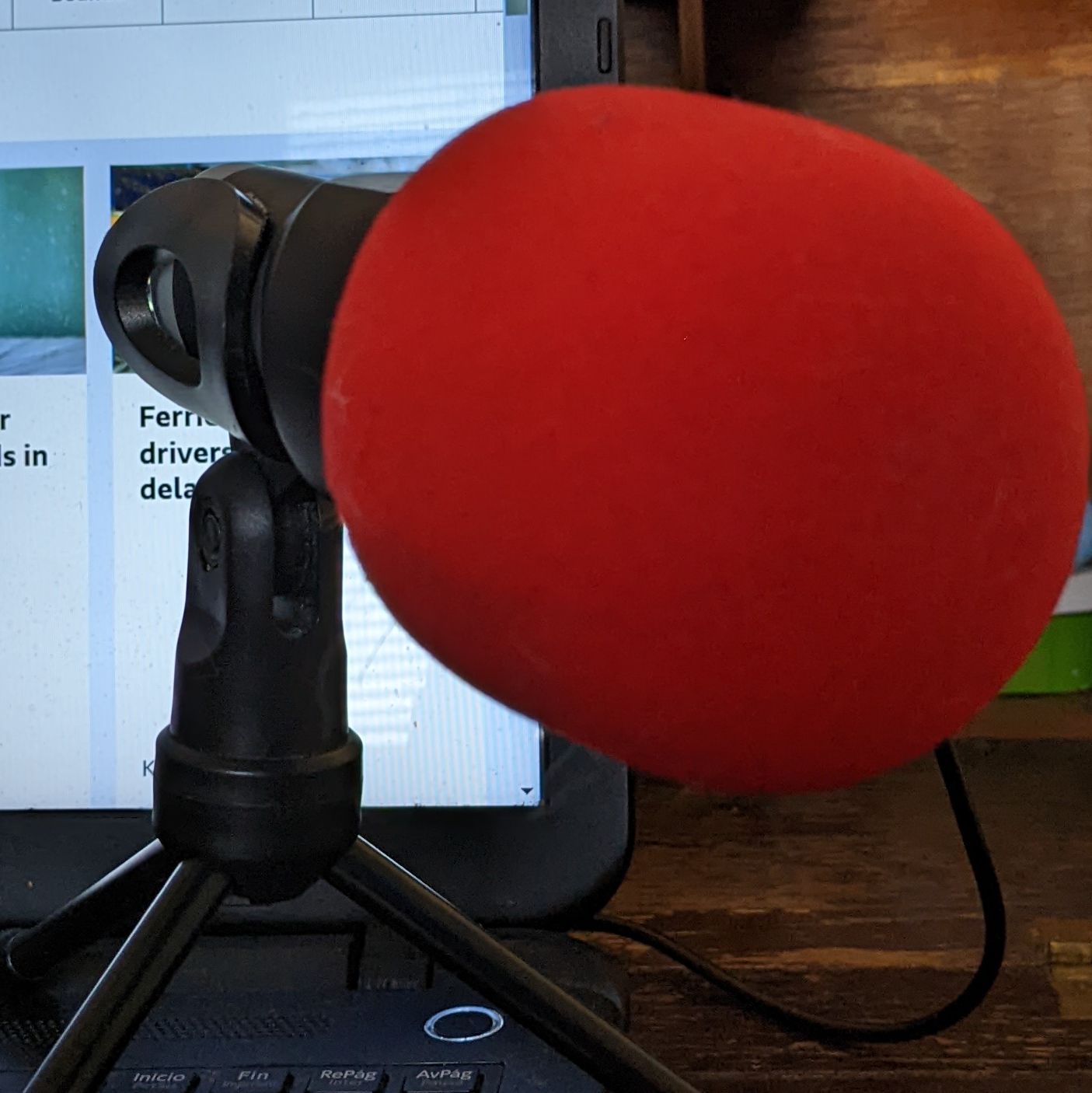ابحث بين معلمي الإنجليزية المتعددين...

想 (xiǎng) VS 要 (yào)
الوصف
想 (xiǎng) and 要 (yào) are both verbs in Chinese that can be translated as "want" in English, but they are used in different contexts and convey slightly different meanings.
想 (xiǎng) is used to express a desire or inclination, often accompanied by a feeling or emotion. It can be translated as "to think" or "to wish" in English. For example:
我想去旅游。 (Wǒ xiǎng qù lǚyóu.)
I want to go traveling.
他想学游泳。 (Tā xiǎng xué yóuyǒng.)
He wants to learn how to swim.
要 (yào) is used to express a strong desire or intention, often with the idea of taking action to achieve a goal. It can be translated as "to want" or "to need" in English. For example:
我要一杯咖啡。 (Wǒ yào yī bēi kāfēi.)
I want a cup of coffee.
他要买一辆新车。 (Tā yào mǎi yī liàng xīn chē.)
He wants to buy a new car.
Note that in some contexts, 想 (xiǎng) and 要 (yào) can be used interchangeably, especially in spoken Chinese. In this case, the choice of word may depend on the speaker's style or emphasis.
قناة البث الصوتي
Difference between A and B in Chinese with Shanmei
المؤلف
جميع الحلقات

A2#03 Maladies, vaccins et médecines alternatives

رواية العواصف (جبران خليل جبران) : حفار القبور الجزء 3

Vol.60 ロジェさんと出身のバルバドスについて その2 With Roje about Barbados 2

English's Fake Present Tense

🐣Japanese Podcast for beginners Ep.3

Episode 2 : AyLin and SerkaN are going to Bosphorus - AyLin ve SerkaN Boğaz'a Gidiyor..

The One Thing English Courses Never Prepare You For

Buying Christmas Cards (no transcript today)
حلقات رائجة

Learn French with Anthony
A2#03 Maladies, vaccins et médecines alternatives

el-arabi m3a karima
رواية العواصف (جبران خليل جبران) : حفار القبور الجزء 3

SAMURAI BROADCAST 侍放送 継続は力ニャり
Vol.60 ロジェさんと出身のバルバドスについて その2 With Roje about Barbados 2

The Language Journey
English's Fake Present Tense

Japanese Podcast for Beginners🐣🎧
🐣Japanese Podcast for beginners Ep.3

Turkish Conversations From ZERO to HERO
Episode 2 : AyLin and SerkaN are going to Bosphorus - AyLin ve SerkaN Boğaz'a Gidiyor..

🎙 One-Minute Speaking Challenge by Anatoly Glazkov – Voice Unlock Method™
The One Thing English Courses Never Prepare You For

Teacher Joseph's Podcast
Buying Christmas Cards (no transcript today)